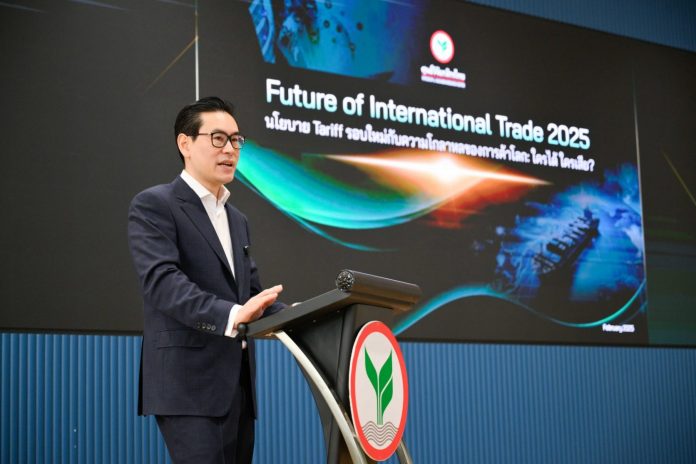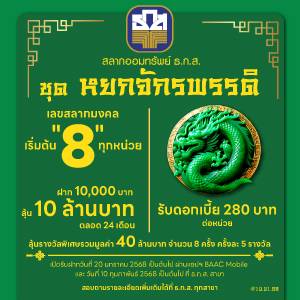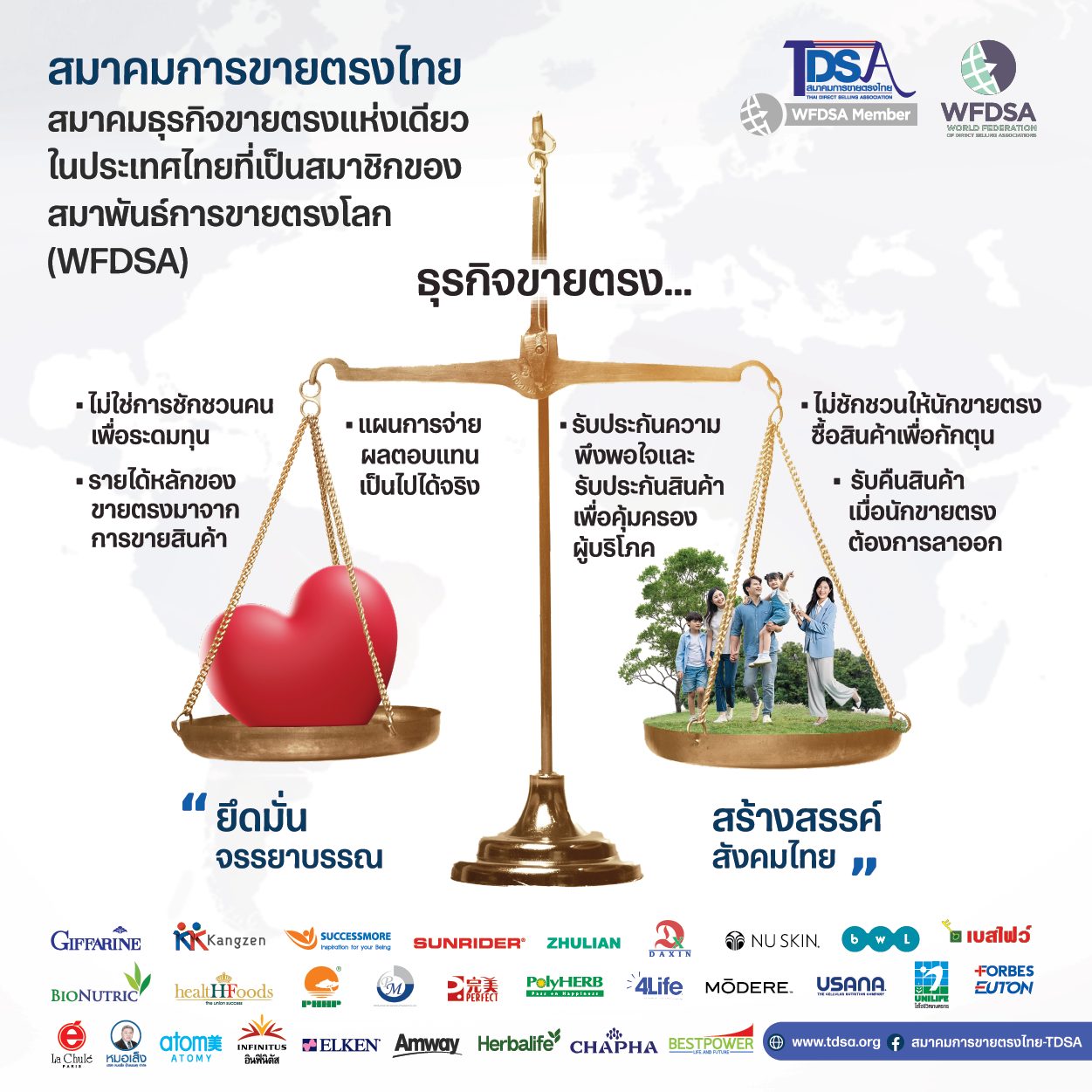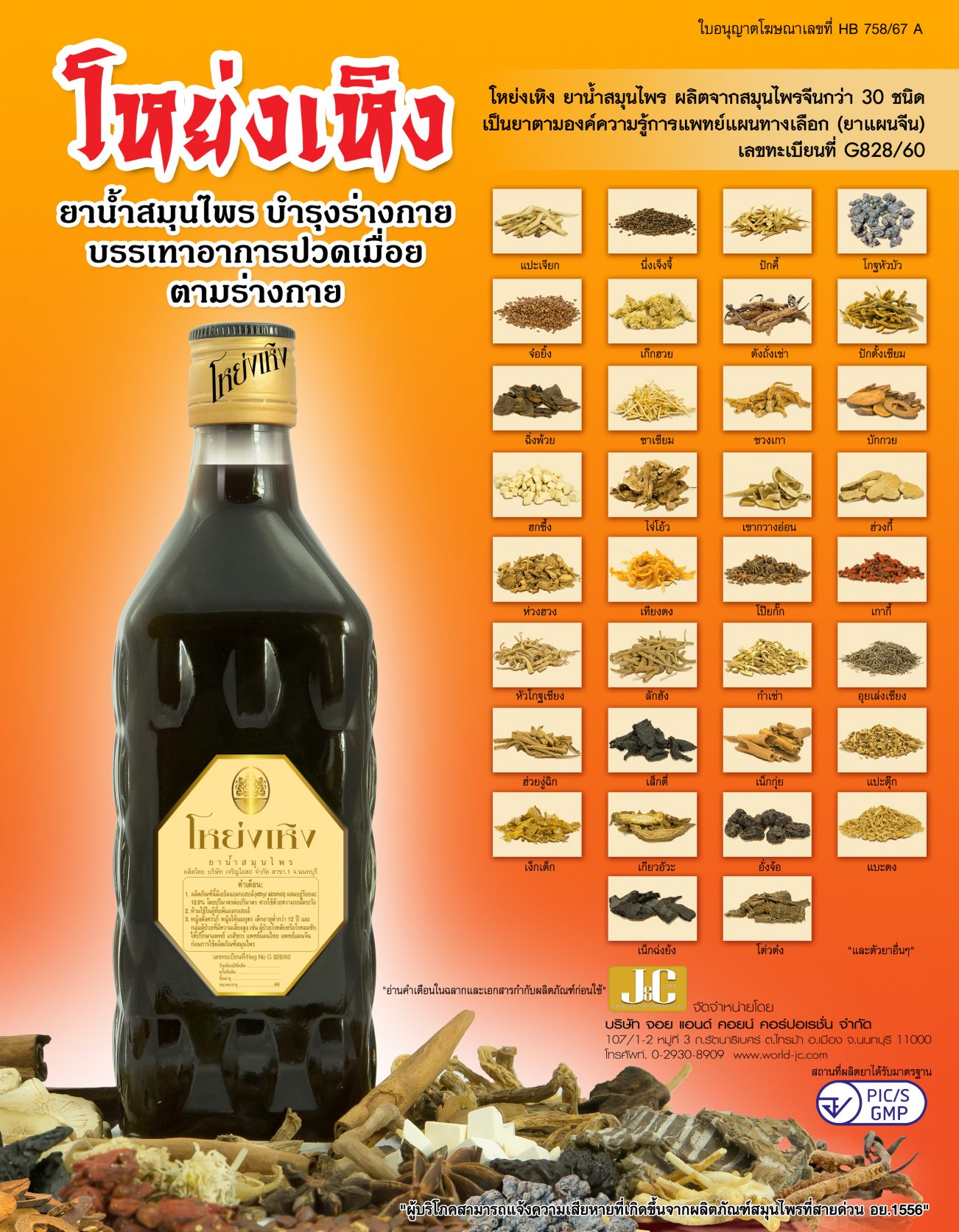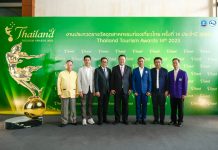หลังจากที่ประธานาธิบดีทรัมป์ ได้กลับมาดำรงตำแหน่งอีกครั้งหนึ่ง ความชัดเจนต่อนโยบายการค้า ความสัมพันธ์ระหว่างประเทศ ก็เริ่มมีมากขึ้น โดยเฉพาะอย่างยิ่ง นโยบาย America First ที่สหรัฐฯ จะนำผลประโยชน์ของสหรัฐฯ เป็นที่ตั้ง
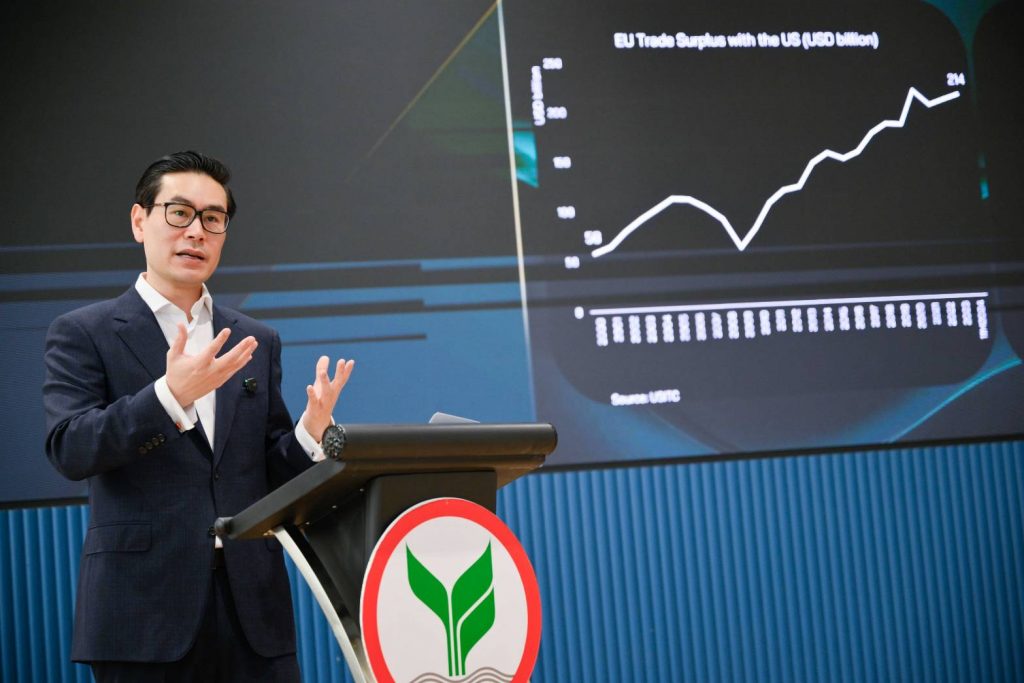
นายบุรินทร์ อดุลวัฒนะ กรรมการผู้จัดการ และ Chief Economist บริษัท ศูนย์วิจัยกสิกรไทย จำกัด มองว่า นโยบายทรัมป์ 2.0 จะยังคงใช้ภาษีนำเข้าเป็นเครื่องมือเพื่อก่อให้เกิดประโยชน์สูงสุดต่อสหรัฐฯ ซึ่งเราได้เห็นนโยบายต่างประเทศ ของสหรัฐฯ มีการใช้ภาษีนำเข้า เป็น เครื่องมือในการเจรจา เพื่อให้บรรลุเป้าหมายด้านการเมืองและความมั่นคง ในประเด็นเรื่องคนลักลอบเข้าเมืองและปัญหายาเสพติด รวมถึงความต้องการขยายดินแดนและอิทธิพลไปนอกสหรัฐฯ อาทิ คลองปานามา กรีนแลนด์ และแคนาดา
ในแนวคิดของรัฐบาล ทรัมป์ วาระแรก ได้มีการขึ้นภาษีนำเข้า โดยเฉพาะจากจีน และมีการเปลี่ยนสนธิสัญญา ความตกลงการค้าเสรีอเมริกาเหนือ หรือ NAFTA(North American Free Trade Agreement) มาเป็น ข้อตกลงสหรัฐฯ-เม็กซิโก-แคนาดา หรือ USMCA (United States-Mexico-Canada Agreement) โดยสงครามการค้า มีผลลบกับเศรษฐกิจสหรัฐฯ น้อยกว่าประเทศอื่นที่ค้าขายกับสหรัฐฯ
สะท้อนจากแนวคิด ที่นาย Robert Lightizer ซึ่งเป็นมันสมองของการวางกลยุทธ์สงครามการค้ารอบแรก ได้กล่าวว่า สหรัฐฯ ควรจะมองจีนเป็นคู่แข่งอันดับหนึ่ง ทั้งด้านการทหาร เศรษฐกิจ และความมั่นคง เนื่องจากการที่สหรัฐฯ ขาดดุลการค้ากับจีนมากๆ ไม่เป็นผลดีกับสหรัฐฯ ในระยะยาว เพราะฉะนั้นนโยบายต่างๆ จึงต้องการบรรลุเป้าการลดการพึ่งพาเศรษฐกิจจีน และลดการขาดดุลการค้า
นอกจากนั้น สหรัฐฯ ยังต้องการให้มีการสร้างงานโดยเฉพาะอย่างยิ่งในภาคการผลิต อาทิ อุตสาหกรรมรถยนต์ และยังมีแนวคิดที่ว่า แม้แต่ประเทศพันธมิตรของสหรัฐฯ ก็ได้มีการเอาเปรียบทางการค้ากับสหรัฐฯ มาโดยตลอด ไม่ว่าจะเป็นเม็กซิโก แคนาดา สหภาพยุโรป และประเทศอื่นๆ
ศูนย์วิจัยกสิกรไทย มองว่า ประเทศไทย น่าจะได้รับผลกระทบอย่างหลีกเลี่ยงไม่ได้ จากการที่ประเทศไทยเกินดุลการค้ากับสหรัฐฯ เป็นอันดับที่ 10 ของโลก ดังนั้น กลยุทธ์ของไทยในการรับมือคงต้องเปิดตลาดให้กับธุรกิจสหรัฐฯ มากขึ้น หรือเพิ่มการนำเข้าสินค้าของสหรัฐฯ เพื่อลดการได้ดุลการค้ากับสหรัฐฯ นอกจากนี้ หากผลกระทบจากสงครามการค้าขยายวงกว้าง เฟดอาจจะไม่สามารถลดดอกเบี้ยเพิ่ม จากที่คาดว่าจะลดลง 2 ครั้งในปีนี้
นโยบายทรัมป์ 2.0 จะเน้น การสร้างความมั่นคง ทางด้านเศรษฐกิจ และการทหาร ให้กับสหรัฐฯ เป็นหลัก เราจึงจะเห็นการเปลี่ยนแปลงที่สำคัญของเศรษฐกิจระหว่างประเทศ ที่สหรัฐฯ จะใช้ความยิ่งใหญ่ทางเศรษฐกิจของตนเองเป็นเครื่องมือต่อรอง ให้สหรัฐฯ ได้ประโยชน์จากความสัมพันธ์อย่างมากที่สุด
New Tariff Policy and the Chaos of Global Trade: Who Wins and Who Loses?
After President Trump’s return to office, trade policies and international relations have gained greater clarity, particularly under the “America First” policy, which places US interests at the forefront.
Mr. Burin Adulwattana, Managing Director and Chief Economist, KASIKORN RESEARCH CENTER Co., Ltd. (KResearch), is of the view that that Trump 2.0’s policy will continue to use import tariffs as a tool to maximize US interests. We have seen US foreign policy leverage tariffs as a negotiating tool to achieve political and security objectives, such as addressing illegal immigration and drug-related issues, as well as expanding US influence beyond its borders—including the Panama Canal, Greenland, and Canada.
During Trump’s first term, his administration raised import tariffs, particularly on China, and replaced the North American Free Trade Agreement (NAFTA) with the United States-Mexico-Canada Agreement (USMCA). The trade war has had a less-negative impact on the US economy than on the countries that trade with the US.
President Trump’s actions reflect the perspective of Robert Lighthizer, the key strategist behind the first round of the trade war, who stated that the US should view China as its primary competitor in military, economic, and security aspects. The US running a substantial trade deficit with China is not beneficial in the long run. Consequently, President Trump’s policies are aimed at reducing dependence on China’s economy and narrowing the trade deficit.
In addition, the US aims to create jobs – particularly in the manufacturing sector, such as the automotive industry. There is also the view that even America’s allies, including Mexico, Canada, the European Union, and other countries, have consistently taken advantage of the US in trade relations.
KResearch is of the view that Thailand will be inevitably affected by Trump 2.0’s policy as the country has the tenth-highest trade surplus with the US among all its trading partners. Therefore, Thailand could adopt the strategy of opening its market to US businesses more or increasing its imports of US products to reduce the trade surplus. Additionally, if the impact of the trade war expands, the Fed may not be able to lower interest rates further beyond the two interest rate cuts projected for 2025.
The Trump 2.0’s policy focuses on creating economic and military security for the US. Therefore, we may see a significant change in the international economy where the US utilizes its economic greatness as a tool of leverage in the advancement of its interests.



